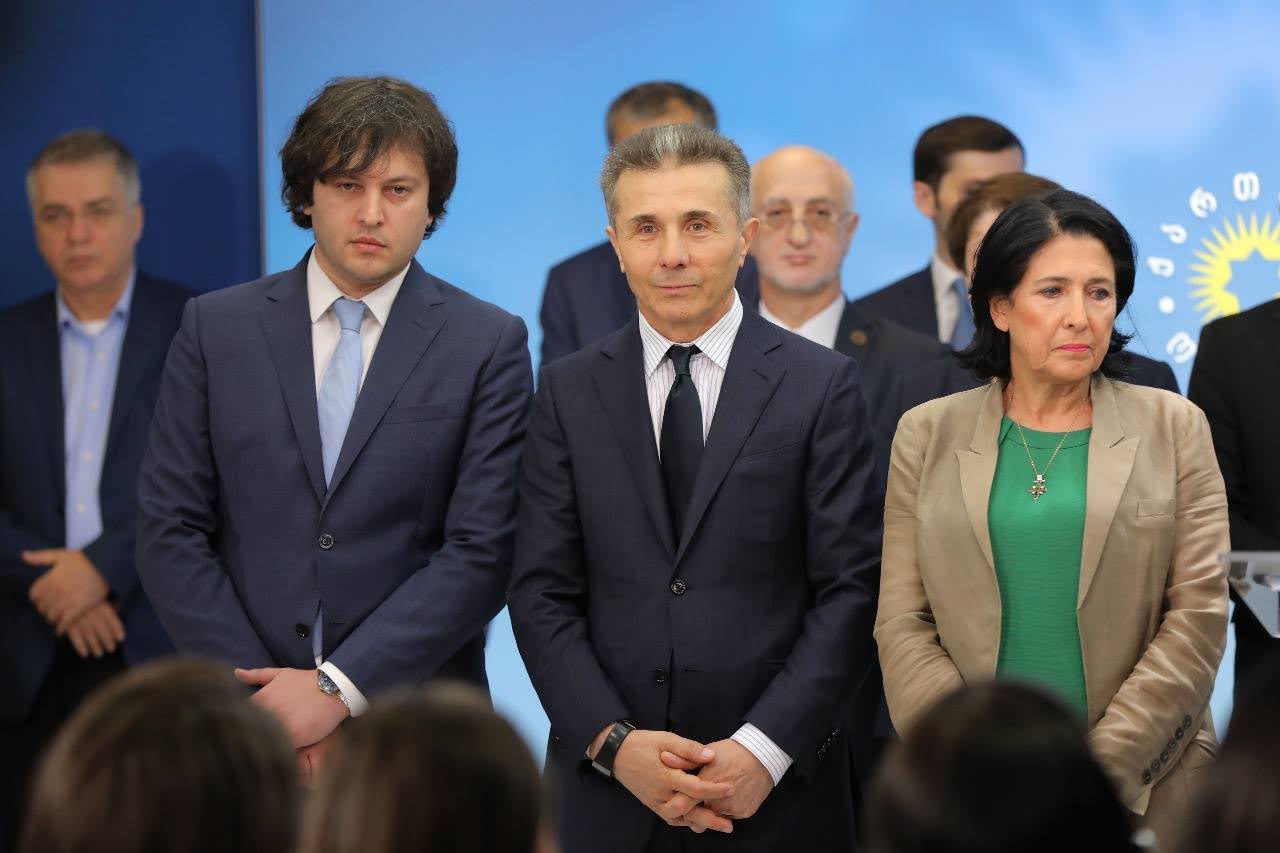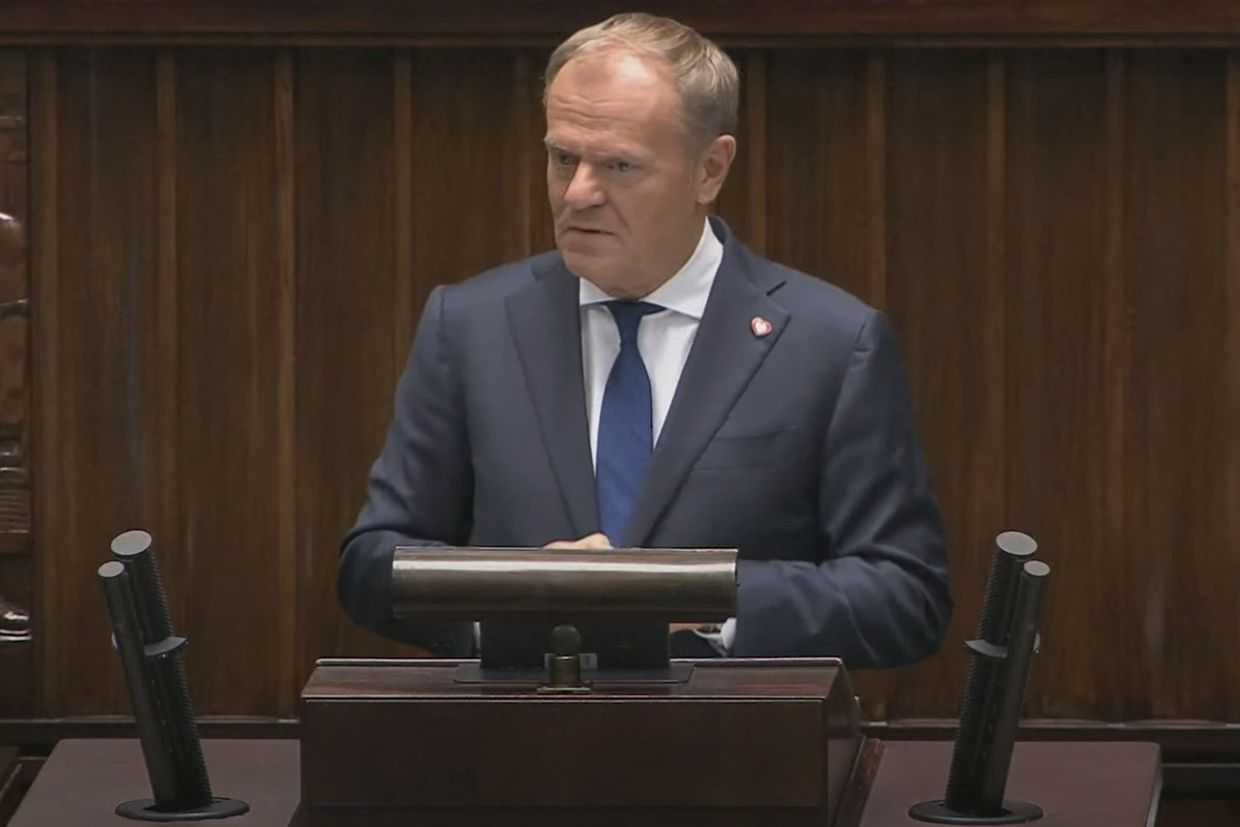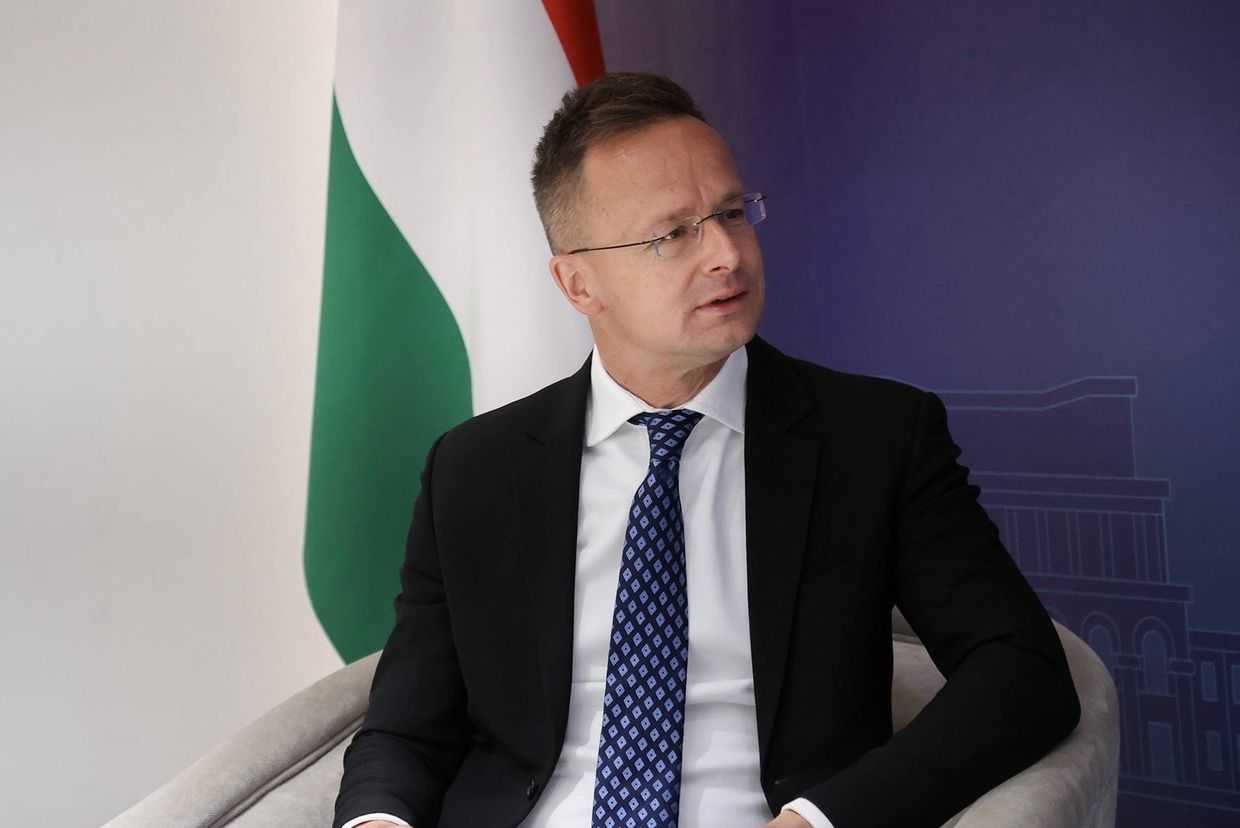
The US Department of State has accused ‘some Georgian officials’ of reneging on their commitment to move the country closer to the EU while also defending the US ambassador to Georgia against ‘misinformation and personal attacks’.
On 20 July, US State Department spokesperson Ned Price opened his daily briefing by criticising the ruling Georgian Party for undermining Georgia’s pro-European path and for their conflict with the US Ambassador to Georgia, Kelly Degnan.
Mentioning the recent extension of the deadline set by the European Commission to enact reforms before Georgia’s membership application would be reexamined, Price went on to underline that ‘the people of Georgia are overwhelmingly in favour of joining the EU, and we, of course, support those aspirations’.
‘The rhetoric from some Georgian officials recently, however, seems intended to distract Georgia’s citizens from that goal. Ambassador Degnan and her team at our embassy in Tbilisi are committed to working with the people of Georgia in support of their Euro-Atlantic aspirations’, he said.
The US State Department spokesperson added that they ‘fully supported’ Degnan.
‘Disinformation and personal attacks on Ambassador Degnan or her team are not consistent with how partners communicate with one another, and we will continue to focus on supporting our shared goals. We have worked shoulder to shoulder for 30 years on democratic reforms, economic development, and security cooperation. This remains unchanged.’
Tensions escalated since Russia’s war against Ukraine
The comments come as tensions between the Georgian government and Western countries continue to deteriorate.
On 20 July, the Georgian Dream leadership did not spare outgoing EU Ambassador to Georgia, Carl Hartzell, accusing him of ‘damaging’ EU–Georgia relations and ‘not working enough’ to help Georgia secure EU candidate status.
A delegation of members of the European Parliament currently visiting Georgia was also reportedly snubbed by the Georgian government. Mtavari reported on Wednesday that a meeting scheduled with the Prime Minister the following day was cancelled at the last minute, a claim a government spokesperson dismissed as ‘a very big lie’.
German MEP Viola von Cramon confirmed to OC Media that the meeting had been cancelled before later being uncancelled.
A war of words between US Ambassador Kelly Degnan and the government escalated this month after over 10 people formally left the ruling Georgian Dream party to, as they alleged, speak more candidly in public about a conspiracy to involve Georgia in war with Russia.
On 8 July, Degnan said she ‘couldn’t even finish reading’ an appeal addressed to her by Mikheil Kavelashvii, one of three MPs who recently ‘left’ the ruling party.
In the letter, Kavelashvili criticised Degnan for failing to distance herself from or condemn the opposition United National Movement party (UNM) and various government critics, including watchdog groups, the Georgian Public Defender, and President Volodymyr Zelensky and other Ukrainian leaders for their alleged wish to involve Georgia in a war with Russia.
Degnan described the letter as ‘full of lies and conspiracy theories’ that ‘sounded really unhinged’ to her.
Criticism of Degnan by Georgian Dream leaders, TV channels associated with the government, and recently these ‘independent’ MPs grew even stronger after 15 July, when Tbilisi City Court Judge Lasha Chkhikvadze accused the US Embassy of pressuring him and the Georgia judiciary.
Chkhikvadze alleged he was removed from a study visit to the US after his controversial ruling on Nika Gvaramia’s case.
[Read more on OC Media: Georgian judge says US revoked invite following Gvaramia ruling]
Georgian Dream chair Irakli Kobakhidze reiterated several times that the accusation of pressuring a Georgian judge needed a ‘clear answer’ from the US Embassy.
On 19 July, Dimitri Khundadze, another of the MPs to recently depart Georgian Dream, also hinted that Degnan had met his former party leader, Bidzina Ivanishvili, after 24 February.

While Kobakhidze and other current members of his party have declined to explicitly implicate the US and EU in their proclaimed conspiracy theory about opening a ‘second front’ of war with Russia, they have continually hinted at such since May.
On 10 May, Kobakhidze largely endorsed a suggestion by a Georgian Dream supporter that the US could be behind Bidzina Ivanishvili’s recent problems making financial transactions abroad, a leaked recording of Ivanishvili’s conversation with Russian oligarch Vladimir Yevtushenkov, and other developments ‘to force Ivanishvili back into politics again’ as well as to ‘involve the country into war’.
He, nevertheless, refused to clearly identify who he was accusing of these ‘coordinated efforts’.
[Read more on OC Media: Georgian Dream leaders jump to Ivanishvili’s defence over new Credit Suisse dispute]
Ivanishvili left politics, for the second and ‘final’ time, in January 2021, and has since faced renewed accusations of ruling Georgia informally through his former business and political associates.
While the conflict between the Georgian Government and Ambassador Degnan has escalated in recent months, it is not the first such conflict to emerge. In 2018, Foreign Policy reported that the Georgian government had rejected career diplomat and former US Deputy Ambassador Bridget Brink as US Ambassador to Georgia for allegedly being too close to ex-President Mikheil Saakashvili.
The position remained vacant for almost 21 months until Degnan was confirmed in January 2020.
Bridget Brink has been serving since late May as US Ambassador to Ukraine.







